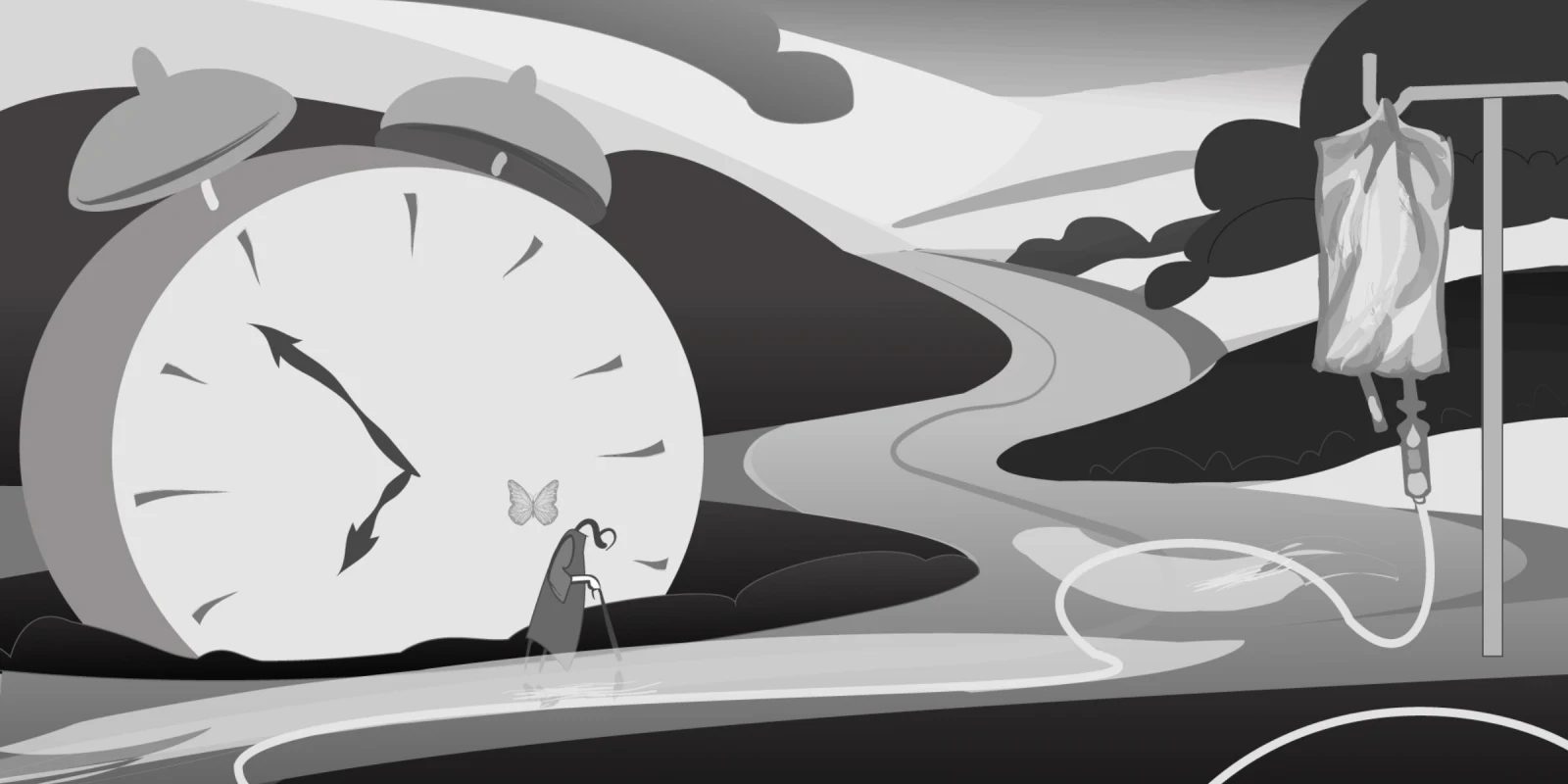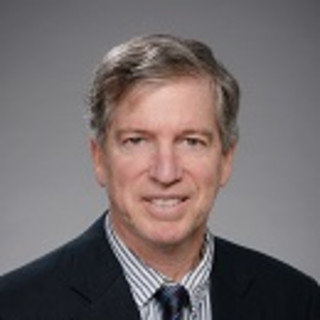“One of your best friends died.” I was surprised to find these words written on a piece of mail in my otherwise empty, temporary office mailbox. I was in Mexico City on a three-month surgical elective between my sixth and seventh year of residency. The original message was left on the department administrator’s answering machine at the university where I was working. There was no clue as to who or where it was from.
I panicked thinking of who it might be, having trouble sleeping or thinking about anything else. I became obsessed, making a list of possibilities in my head, while searching my heart for any signs. This was before the time of email and cell phones, which now afford instantaneous communication. It would have taken me at least 10 days to send queries to my friends through an aerogram, or prepaid airmail letter. How was I to even send this grave question of mortality to my friends through a letter, not knowing who might receive it as solace or shock? I felt awkward asking the department administrator if I could use her phone, as if this news somehow reflected a tragic flaw on my part.
Since there was no ham radio that I knew of at the university in Mexico City, I went to a phone center in town to call home. The front desk employee placed my long-distance call, as I proceeded to walk down a narrow corridor lined by small booths on either side. I entered my assigned cubicle and answered the black rotary dial phone buzzing on a tiny table. I heard clicks on the line that represented a charge of several dollars per minute. All was well with my family. Who could this best friend be?
After many sleepless nights, I decided to leave Mexico early to solve the haunting mystery. First, I arrived in Los Angeles. I didn’t tell anybody that I was coming. One of my best friends in college was living with her parents in a very fancy neighborhood on San Vicente Avenue. The large circular driveway was walled and gated with an electronic intercom. When nobody answered, I proceeded to climb over the wall, ascending and descending its thick-trunked vines. The police quickly arrived on the scene. Apparently, her father was a famous lawyer who was in the midst of prosecuting some organized crime figures. There had been several death threats. Luckily, my friend came home while the police were questioning me and helped convince them to release me. I found out that nobody in our group of friends had died or was even sick. The strange message was still nagging at me.
Next, I flew to San Francisco to see my parents. They were excited to see me, even as a surprise visitor. Leaving California, I flew to Cleveland, where I went to medical school and trained in general surgery. I called a friend from the airport this time to announce my arrival. Her father also happened to be a big-time lawyer in charge of Italian immigration in the area. She told me about a time when her dad was in New Orleans and went to a restaurant famous for a menu that equally insulted all nationalities with derogatory names for its meals. He wasn’t amused, so he sent the menu to the American Italian Anti-Defamation League in Washington, D.C., and within a few days, that restaurant reportedly burned to the ground under suspicious circumstances. I had no idea if that story was true, but I did find out that all of my friends from medical school and residency in Cleveland were healthy. I checked more names off my list. At the same time, I refreshed dear relationships with family and friends, which the ominous message no longer allowed me to take for granted.
On to Massachusetts, where I was completing my residency. Sleep came easily from pure exhaustion. I was so busy that I mostly forgot about the message. But about six months later, I received a phone call with an area code that I recognized as from Cleveland. It was the wife of one of my patients whom I had helped take care of as an intern and again as a third-year general surgery resident. We had become very close. He often shared with me his fears and the newfound perspective revealed to him when faced with possible death. His wife asked me if I ever got the message while I was in Mexico, that her husband, my friend, had finally died of stomach cancer.
As a resident and surgeon, I tried to treat every patient as if they were my family or friends. My 6 1/2-day work weeks afforded me the opportunity to develop a doctor-patient trust and continuity that were a huge part of what gave me satisfaction in my chosen profession, but are now becoming outdated concepts. As a burn and cleft surgeon, I followed most of my patients for decades and have many great memories of patients as friends. I had the privilege of doing a burn scar revision on a lovely 18-year-old woman, 16 years after caring for her original burn as a toddler. I also repaired a cleft lip on an infant whose mother’s cleft I had repaired 21 years before. Likewise, I followed my cancer patients for life. Now that I am retired, these relationships are what I remember and cherish most about my 40-year career.
Dr. Gary Fudem is a retired plastic surgeon and burn surgeon. He spends his time writing both creatively and academically, reading, fly fishing, and dreaming about fly fishing.
Illustration by Jennifer Bogartz





